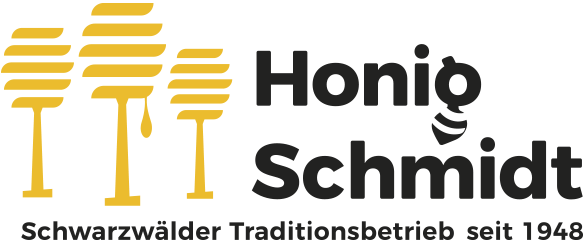Propolis is a constant burner for the annals of human history. The secret weapon from the hive was already regarded by the ancient Egyptians as an indispensable tool when it came to honouring high-ranking personalities after their death. After embedding, the brown-yellow bee glue ensured that fungi and bacteria could not spread unauthorisedly in sarcophagi and burial sites.
In nature, the resin-like substance serves the same purpose, but active life is protected here. The bees use propolis as a kind of putty substance that insulates joints, cracks and honeycombs against microorganisms and pathogens. They collect the raw material in the form of natural resins and pollen balm on buds and trees. In the organism of the bee, the raw material is then enriched with waxes, essential oils, pollen and saliva. This creates a sticky mass that can be processed perfectly in a fresh state.
Bees glue cracks and small holes with propolis, which as gateways for pathogens endanger the health of the swarm. The beekeeper takes advantage of this urge by offering his bees, for example, artificial cracks in the form of a grid. The workers register the annoying gaps and instinctively close the Scots. For propolis extraction, the grid can be removed and the highly effective natural substance is replaced by freeze drying or ethanolic extraction. Alternatively, the bee putty can be scraped out of the cracks and crevices of a hive. The total yield per season can be up to 500 grams – it's hard to believe that our bees are hardly in our way in terms of health care!
In our shop you can buy high-quality, finely sifted Propolis.


